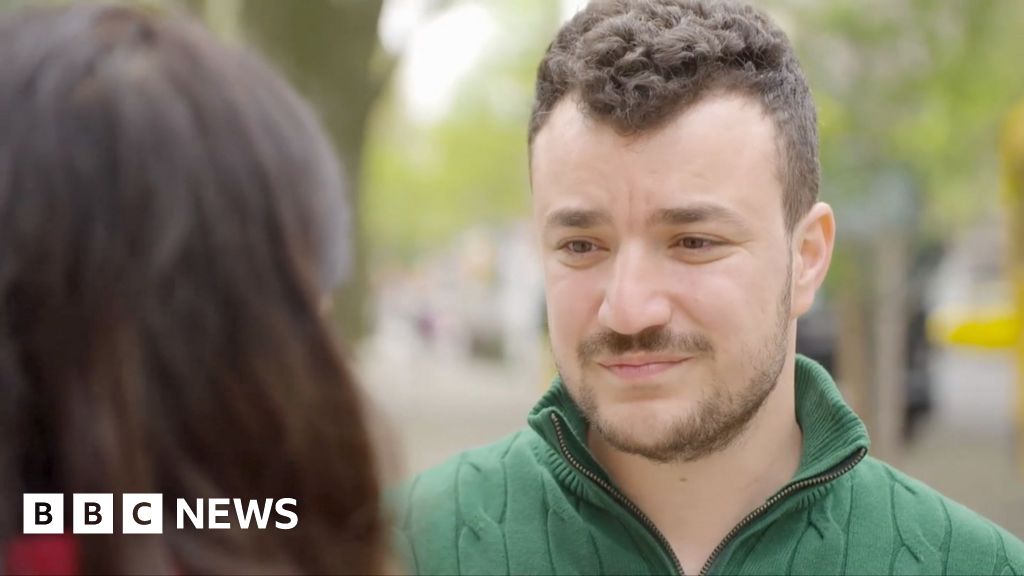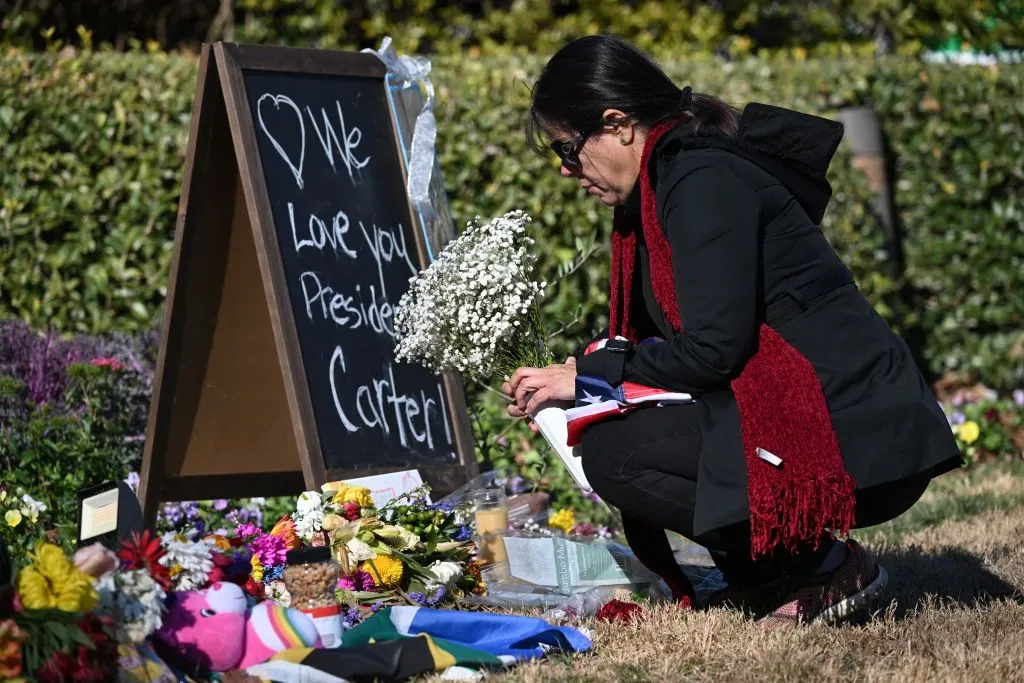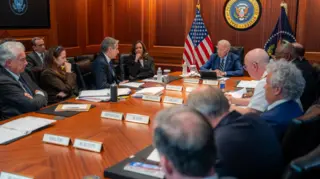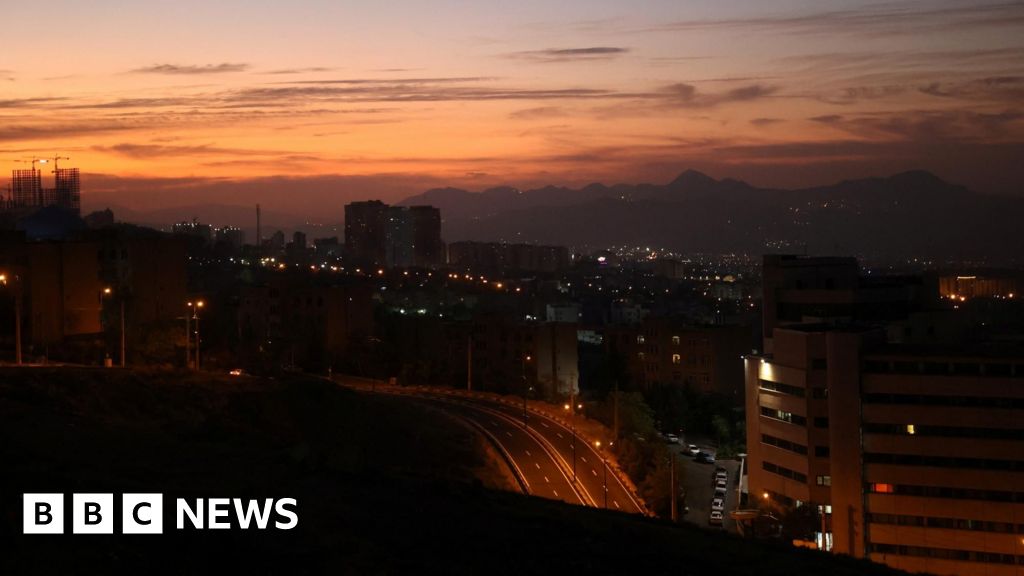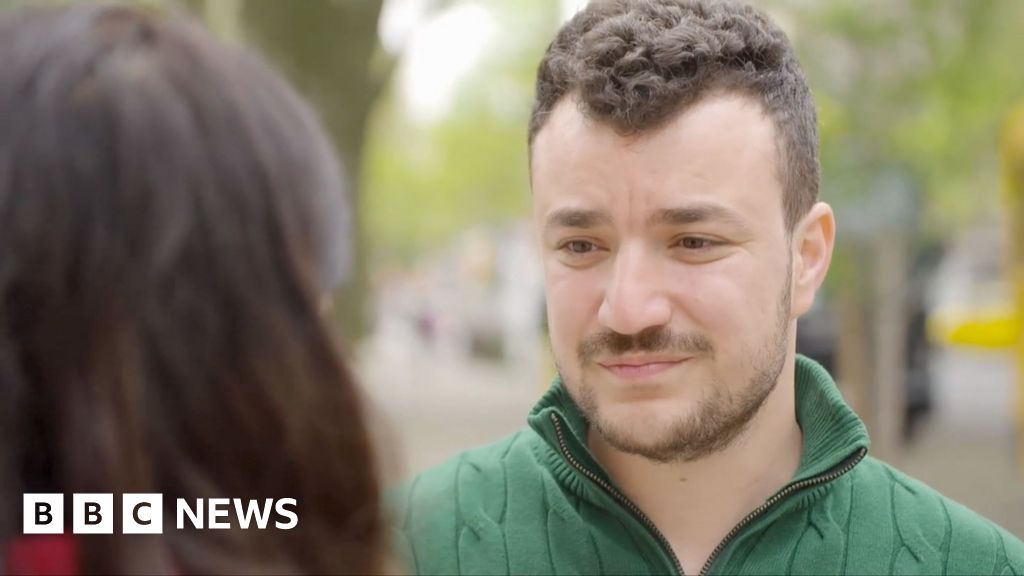
A US judge has ruled the Trump administration can deport Mahmoud Khalil, a Columbia University graduate detained last month over his role in pro-Palestinian protests.
Mr Khalil, a permanent legal US resident, has not been charged with a crime. In a letter written from the facility, he has said his “arrest was a direct consequence” of speaking out for Palestinian rights.
The government has cited a Cold War-era immigration law, declaring that his presence in the US was adverse to American foreign policy interests.
The immigration court’s ruling does not mean Mr Khalil would be immediately removed from the country. The judge gave his lawyers until 23 April to appeal against the order.
The activist has been held at a Louisiana detention centre since 8 March, when immigration officers told him he was being deported for taking part in protests against the war in Gaza.
The 30-year-old was a prominent voice at Columbia University’s protests against the war in Gaza last year.
The Trump administration has cited a 1952 law that empowers the government to order someone deported if their presence in the country could pose unfavourable consequences for American foreign policy.
The judge said the Trump administration was allowed to move forward with its effort to deport Mr Khalil because the argument that he poses “adverse foreign policy consequences” for the US is “facially reasonable”.
Mr Khalil, who was otherwise silent, addressed the court after the ruling.
“I would like to quote what you said last time that there’s nothing that’s more important to this court than due process rights and fundamental fairness,” Mr Khalil said in court.
“Clearly what we witnessed today, neither of these principles were present today or in this whole process,” he said. “This is exactly why the Trump administration has sent me to this court, 1,000 miles away from my family.”
The American Civil Liberties Union (ACLU) described the decision as “pre-written”.
The rights group said the ruling came less than 48 hours after the US government “handed over the ‘evidence’ they have on Mr. Khalil — which included nothing more than a letter from Secretary of State Marco Rubio that made clear Mr Khalil had not committed a crime and was being targeted solely based on his speech”.
The government, particularly Rubio, has claimed its efforts to deport Mr Khalil were also to “protect Jewish students from harassment and violence in the United States” even if his activities were “otherwise lawful”.
Mr Khalil has also filed a federal court lawsuit in New Jersey challenging his arrest as unconstitutional. His lawyers have said the outcome of that case could block his deportation if they win.
The Trump administration has separately alleged that the student committed immigration fraud by failing to disclose certain information on his green card application.
This includes working for the British embassy in Beirut and the United Nations agency for Palestinian migrants and refugees. But the government has not submitted any new evidence related to this.
Mr Khalil’s wife, Noor Abdallah, is currently in her ninth month of pregnancy due to give birth to their first child, likely without her husband by her side.
The BBC has contacted the White House and justice department for comment on Friday’s ruling.
